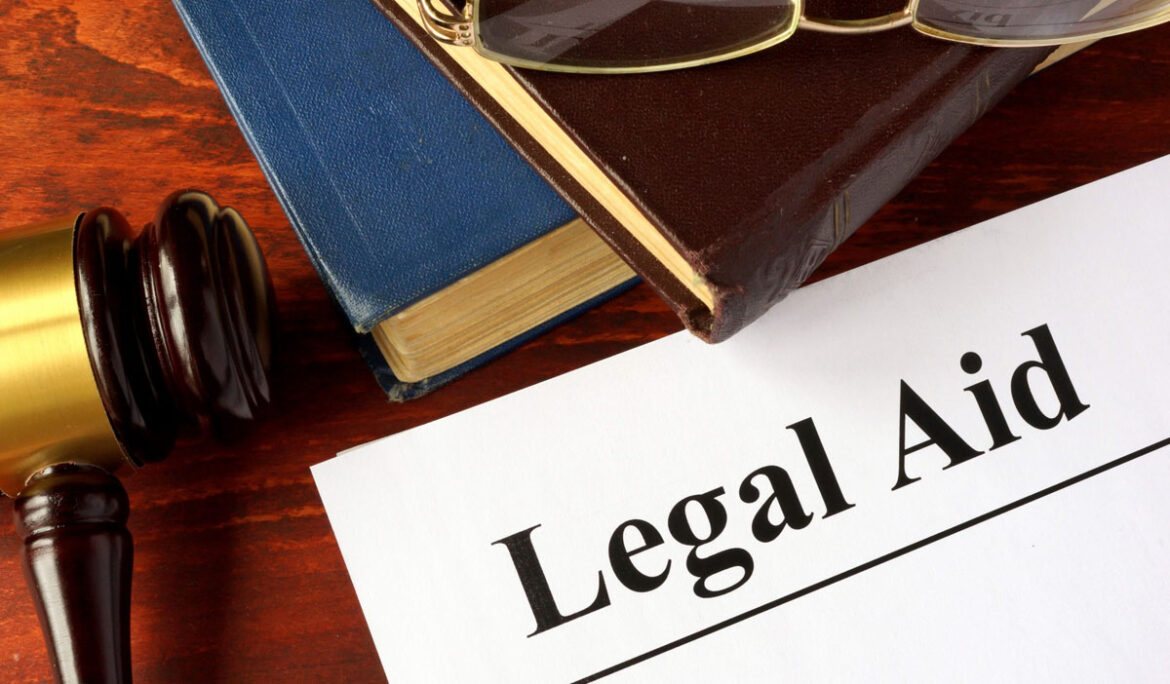
Everyone has the right to get legal representation, but some simply cannot afford it. Legal aid is a scheme to help meet the costs of legal advice, family mediation and representation in a court of law.
In order to qualify for legal aid, the case has to be eligible for it, the problem has to be serious and you have to prove that you are unable to pay the cost for legal representation.
Some of the cases that one can get legal aid for include the risk of abuse or serious harm, being accused of a crime, being discriminated against and cases involving human rights.
Aid can come in the form of cost being paid for legal advice or getting someone to speak or negotiate for you. In some instances, you may have to pay some money towards the legal costs of your case.
Eligibility
Civil (non-criminal) cases
Civil cases include things like debt, family or housing problems. To get legal aid, you usually need to show you cannot afford to pay for legal costs and your problem is serious.
You’ll usually have to give details and evidence of your income, benefits, savings and property, and those of your partner. If you’re under 18, you may need to give information about your parents’ or guardians’ income.
Your financial situation is not taken into account for cases about mental health tribunals, children in care or child abduction.
You may also have to provide evidence about your problem, for example in a divorce case by providing a court order or General Practitioner (GP) letter showing that you or your child have been a victim of abuse.
If legal aid is withdrawn, you may have to repay the full legal costs.
Criminal cases
You have the right to free legal advice if you’re questioned at a police station.
You’ll automatically get legal aid for legal representation in court if you’re under 16 (or under 18 and in full-time education) or on certain benefits.
Domestic abuse or violence
You might be able to get legal aid if you have evidence that you or your children have been victims of domestic abuse or violence and you cannot afford to pay legal costs.
You do not have to get evidence before talking to a legal aid solicitor or Civil Legal Advice (CLA), but they’ll need to see it before deciding whether you can get legal aid.
Conclusion
The foregoing information pertains to legal aid in the United Kingdom, however this may be administered differently in other jurisdictions.
Everyone has the right to get legal representation and legal aid may be available to those who qualify for it. The aid can cover both civil and criminal cases.


